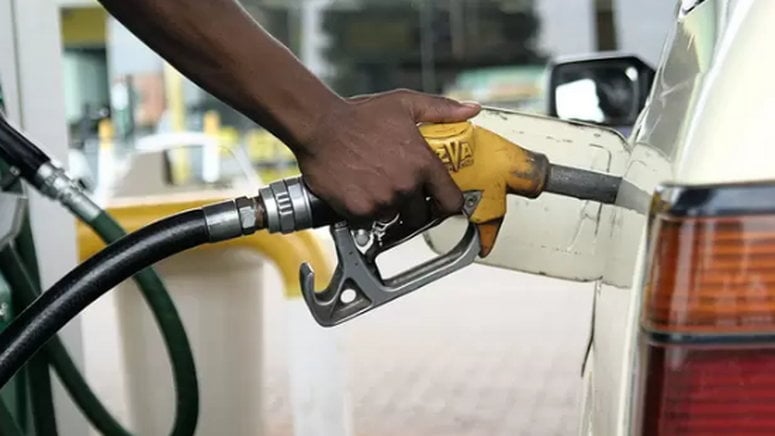The Ghanaian populace can anticipate a welcome respite from the persistent burden of high fuel costs as the first pricing window of June approaches. Projections by the Africa Sustainable Energy Centre (ASEC) suggest a potential decrease in fuel prices ranging from 5% to 9%, a development primarily attributed to the recent resurgence of the Ghanaian cedi against the US dollar. This currency appreciation significantly reduces the cost of importing petroleum products, a crucial factor given that these imports are dollar-denominated. Consequently, oil marketing companies are expected to experience lower procurement costs, which should translate directly into reduced pump prices for consumers. ASEC’s market analysis anticipates petrol prices to fall within the GHS 12.00 to GHS 12.60 per litre range, with diesel prices expected between GHS 12.60 and GHS 13.20 per litre. This projected price reduction provides a glimmer of hope amidst the prevailing inflationary pressures affecting the Ghanaian economy.
The bi-weekly fuel price revisions in Ghana are a complex interplay of global market dynamics, currency fluctuations, and import costs. While international crude oil prices have witnessed a decline from approximately $85 per barrel in January to around $64 currently, ASEC emphasizes that the immediate impact on local pricing is primarily driven by the strengthening cedi. This currency appreciation effectively mitigates the impact of global oil price fluctuations, providing a crucial buffer for Ghanaian consumers. The projected price decrease is anticipated to have a ripple effect, easing transport fares and offering short-term relief for households and businesses grappling with increased living costs.
However, this positive development carries potential fiscal implications for Ghana, a net exporter of crude oil. The declining global oil prices, if sustained, could translate to lower revenues from petroleum exports, posing a challenge to the nation’s fiscal balance. ASEC cautions that unless these price reductions are solely attributed to exchange rate fluctuations, the government may need to explore strategies to offset potential revenue shortfalls, such as increasing production volumes. This delicate balance between consumer relief and maintaining fiscal stability underscores the complexity of managing fuel pricing in an oil-exporting nation.
The global oil market outlook further complicates the situation. Brent crude has already experienced a significant value erosion exceeding 24% since the beginning of the year. ASEC projects a stabilization within the $62-$65 per barrel range, influenced by increased supply from OPEC+ and weakening demand in major markets like China and the United States. This projected stabilization, while potentially beneficial for consumers in the short term, adds another layer of uncertainty to Ghana’s long-term revenue projections from oil exports. The interplay of these global market forces with local currency fluctuations requires careful monitoring and strategic planning to ensure both short-term economic relief and long-term financial stability.
ASEC’s commitment to continuous monitoring and timely analysis plays a crucial role in informing both policy decisions and industry responses. The organization’s call for balanced government strategies highlights the need for a nuanced approach that addresses the immediate needs of consumers while securing long-term energy and fiscal sustainability. This requires a delicate balancing act, navigating the complexities of global oil markets, local currency fluctuations, and the socio-economic impact of fuel prices on the population.
Fuel pricing in Ghana remains a highly sensitive economic barometer with far-reaching implications for inflation, household budgets, and the overall business environment. While the anticipated price reduction in June offers a welcome reprieve, its potential short-lived nature underscores the need for long-term solutions to address the volatility of fuel prices. This temporary relief provides a window of opportunity to implement strategies that promote economic stability and resilience in the face of fluctuating global energy markets. As Ghana continues its journey towards economic recovery, careful management of fuel pricing remains a critical element in ensuring sustainable growth and improved living standards for its citizens.


